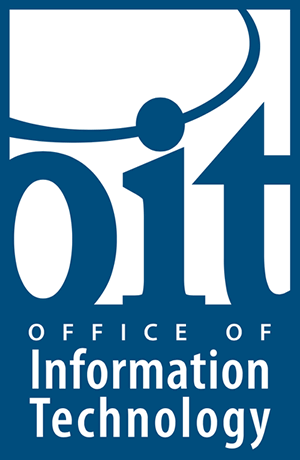UA Guidelines for the Use of Social Media
Sharing UA news, events or promoting faculty and student work through social media tools is an excellent, low-cost way to engage the community and build our brand. Employees are encouraged to repost and share information with their family and friends that is available to the public (press releases, articles in the University news, Internet news, etc.). The best way to share university news is to link to the original source. When sharing information that is not a matter of public record, please follow the below guidelines:
Maintain Confidentiality
Do not post confidential or proprietary information about the University of Alaska, its students, its alumni or your fellow employees. Use good ethical judgment and follow university policies and federal requirements, such as the Health Insurance Portability and Accountability Act (HIPAA) and the Family Educational Rights and Privacy Act (FERPA). Review http://www.hhs.gov/ocr/privacy/hipaa/understanding/index.html for HIPAA requirements and http://www.alaska.edu/studentservices/ferpa/ for FERPA.
Maintain Privacy
Do not discuss a situation involving named or pictured individuals on a social media site without their permission. As a guideline, do not post anything that you would not present in any public forum.
Respect University Time and Property
It’s appropriate to post at work if your comments are directly related to accomplishing work goals, such as seeking sources for information or working with others to resolve a problem. You should participate in personal social media conversations on your own time and in accordance with the University of Alaska
Board of Regents policy on Ethics.
http://www.alaska.edu/bor/policy/04-10.doc University employees are also bound by the Alaska Executive Branch Ethics Act, which prohibits you from taking certain actions in conflict with the university’s interests and from using certain information you developed or were exposed to as an university employee that has not been disseminated to the public.
Do No Harm
Let your Internet social networking do no harm to the University of Alaska or to yourself whenever navigating those networks.
Understand Your Personal Responsibility
UA staff and faculty are personally responsible for the content they publish on blogs, wikis or any other form of user-generated content. Be mindful that what you publish will be public for a long time— protect your privacy.
Be Aware of Liability
You are responsible for what you post on your own site and on the sites of others. Individual bloggers have been held liable for commentary deemed to be copyright infringement, defamatory, proprietary, libelous, or obscene (as defined by the courts). Increasingly, employers are conducting Web searches on job candidates before extending offers. Be sure that what you post today will not come back to haunt you.
Maintain Transparency
The line between professional and personal business is sometimes blurred: Be thoughtful about your posting’s content and potential audiences. Be honest about your identity. In personal posts, you may identify yourself as a UA faculty or staff member. However, please be clear that you are sharing your views as an individual, not as a representative of the University of Alaska.
Correct Mistakes
If you make a mistake, admit it. Be upfront and be quick with your correction. If you’re posting to a blog, you may choose to modify an earlier post—just make it clear that you have done so.
Respect Others
You are more likely to achieve your goals or sway others to your beliefs if you are constructive and respectful while discussing a bad experience or disagreeing with a concept or person.
Be a Valued Member
If you join a social network, make sure you are contributing valuable insights. Don’t hijack the discussion and redirect by posting self/organizational-promoting information. Selfpromoting behavior is viewed negatively and can lead to you being banned from Web sites or groups.
Think Before You Post
There’s no such thing as a “private” social media site. Search engines can turn up posts and pictures years after the publication date. Comments can be forwarded or copied. Archival systems save information even if you delete a post. If you feel angry or passionate about a subject, it’s wise to delay posting until you are calm and clear-headed. Post only pictures that you would be comfortable sharing with the general public, current and future peers, employers, etc.
Original Document: UA Guidelines for the Use of the Social Media.
/ua-templates/version3/images/swbanner/swlogo-hz.png)

/ua-templates/version3/images/swLogo.gif)